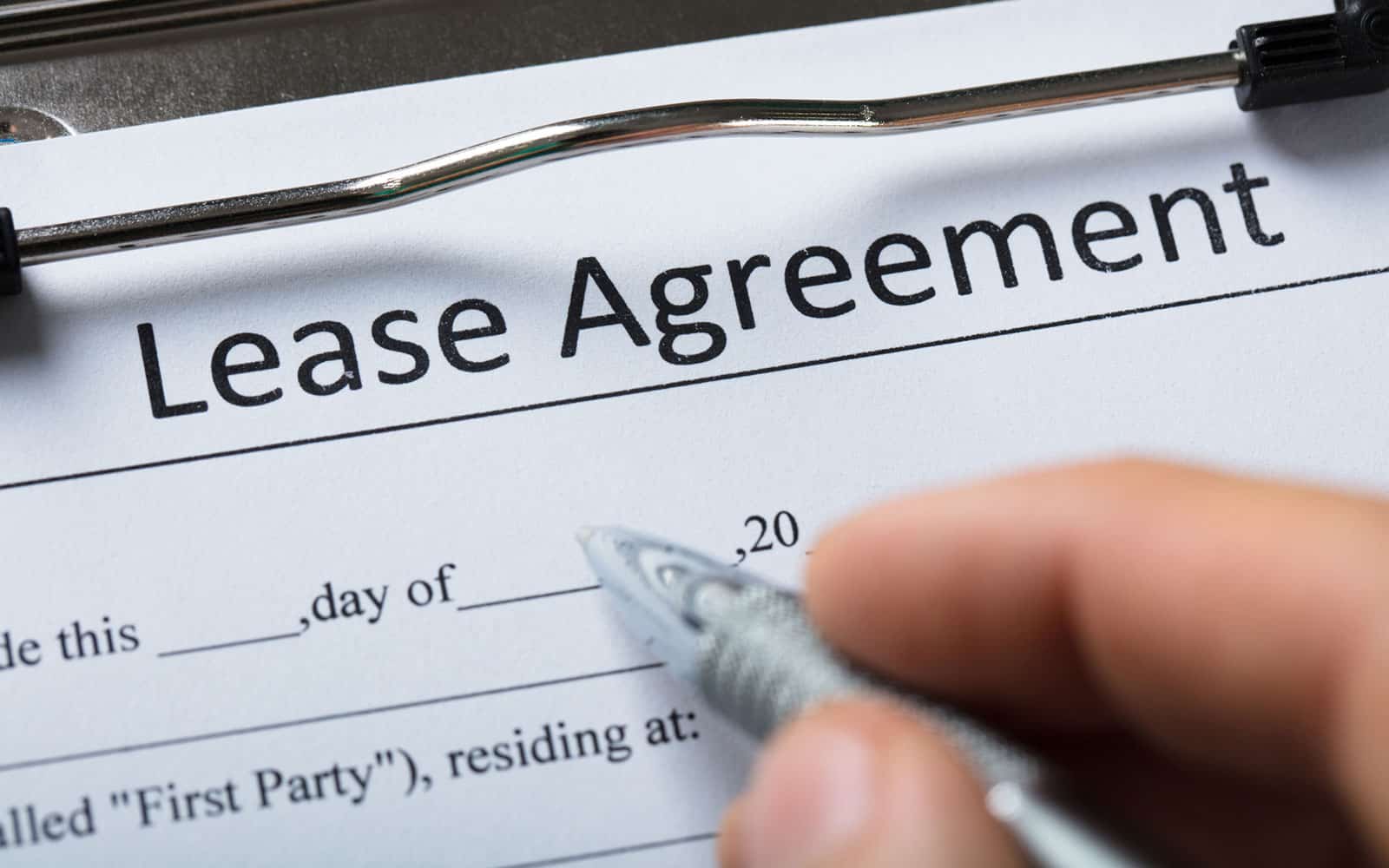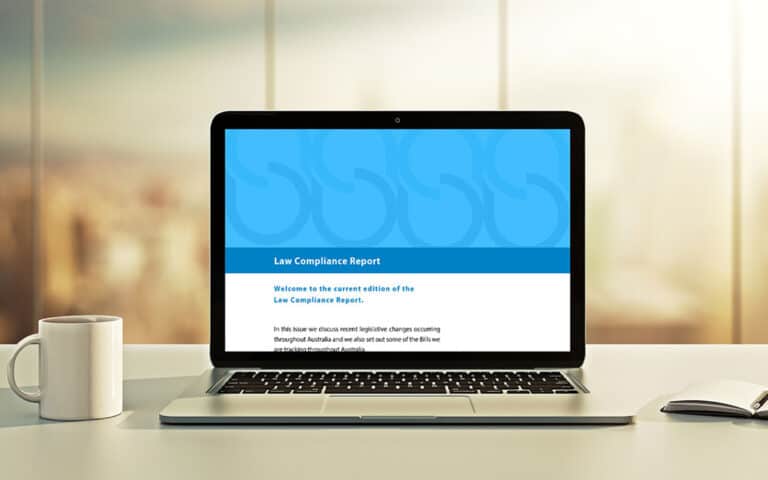This article applies to all organisations that deal with land or property in Queensland.
Property Law Bill 2023 (Qld)
The Property Law Bill 2023 (Qld) (the Bill) passed Queensland Parliament on 25 October 2023 and received Royal Assent on 2 November 2023. The Bill primarily repeals and replaces the Property Law Act 1974 (Qld) (the PLA Act) while also amending various other Acts to update references to the Bill. The Bill will commence on a day to be proclaimed.
The main purpose of the Bill is to simplify, streamline, and modernise Queensland’s property laws as well as remove outdated provisions based on the recommendations made in the 2018 Final Report: Property Law Act 1974 (the PLA Report). The Bill also provides a legal framework for electronic dealings, simplifies the rules relating to leases and implements the seller disclosure scheme.
Leases
Schedule 1 of the Bill outlines the standard implied terms of leases which include that:
- lessors must not unreasonably withhold consent to a request from the lessee for a change in use of the premises;
- lessors may at all reasonable times, either personally or by the lessor’s agent, enter the leased premises for the purpose of:
- inspecting their state of repair;
- carrying out repairs; or
- complying with the requirements of any Act or other law or any notice given by a competent authority;
- lessors may terminate the lease if:
- any rent is unpaid for one month after the due date for payment, whether or not a demand for payment has been made to the lessee by written notice signed by the lessor or the lessor’s agent; or
- the lessee has failed, for a period of two months, to observe or perform any other covenant, condition, or stipulation on the part of the lessee expressed or implied in the lease.
The Bill also provides that all rights and obligations contained in lease documents will be enforceable after assignment, or transfer of the reversion of the lease except where:
- the lease expressly provides the term is personal; or
- the lease expressly excludes the term from assignment or transfer of the reversion of the lease; or
- the lessee and the assignee expressly agree in writing that the benefit of the term remains with the lessee and either:
- the benefit of the term accrued to the lessee before the assignment; or
- the lessor consents to the benefit of the term remaining with the lessee.
Obligations on lessors when dealing with proposed notices from lessees to assign a lease include that:
- the timeframe for a lessor to consider and decide a request for an assignment of lease is one month (the decision notice); and
- a lessor must not unreasonably withhold consent.
A lessor may only refuse to renew, or extend the term of, or sell the reversion of, the lease, if:
- the lessor gives the lessee a notice in the approved form (a breach notice) stating the following matters:
- that the lessor intends to refuse to renew, or extend the term of, or sell the reversion of, the lease, because of one or more breaches;
- the details of the breach or breaches;
- that the lessee or a designated person for the lease may apply to the court for relief against the refusal;
- that an application to the court for relief against the refusal must be made within 1 month after the lessee receives the breach notice;
- that the lessee should seek independent legal advice about the refusal and its implications; and
- the lessee or a designated person for the lease does not apply to the court under section 166 of the Bill within one month after the lessor gives the lessee the breach notice.
The lessor must give the lessee the breach notice within:
- 10 business days after the giving of the option notice, if the breach relied on in the breach notice happened on or before the giving of the option notice; or
- 10 business days after the breach relied on in the breach notice, if the breach happened after the giving of the option notice.
Seller Disclosure Scheme
New Division 4 of Part 7 of the Bill implements a statutory seller disclosure scheme for sales of freehold land in Queensland. Under section 99 of the Bill, before a contract of sale for a lot is signed by the buyer, a seller must give the buyer a disclosure statement for the lot; and each document prescribed by regulation (prescribed certificates) applicable to the lot.
The disclosure statement must include information prescribed by regulation and be completed with the information that is true at the time the statement is given to the buyer and be signed by the seller. Examples of prescribed certificates include a document relating to the lot issued under another Act, a document containing information about the lot in a register kept under another Act.
Modernisation of Property Laws
Finally, the Bill substantively retains many provisions from the PLA Act, instead modernising the language used and clarifying, expanding, or restricting their application in line with recommendations of the PLA Report. In particular, the Bill:
- provides relief in the case of improvements constructed on land where the owner of the improvement mistakenly believed they owned the land, however expressly excluding the availability of this relief to fencing;
- permits assignment of debts or other things in action, including the ability to assign part of a debt or other legal thing in action; and
- makes significant changes to Queensland’s conveyancing processes, including to facilitate electronic service through electronic communication.




